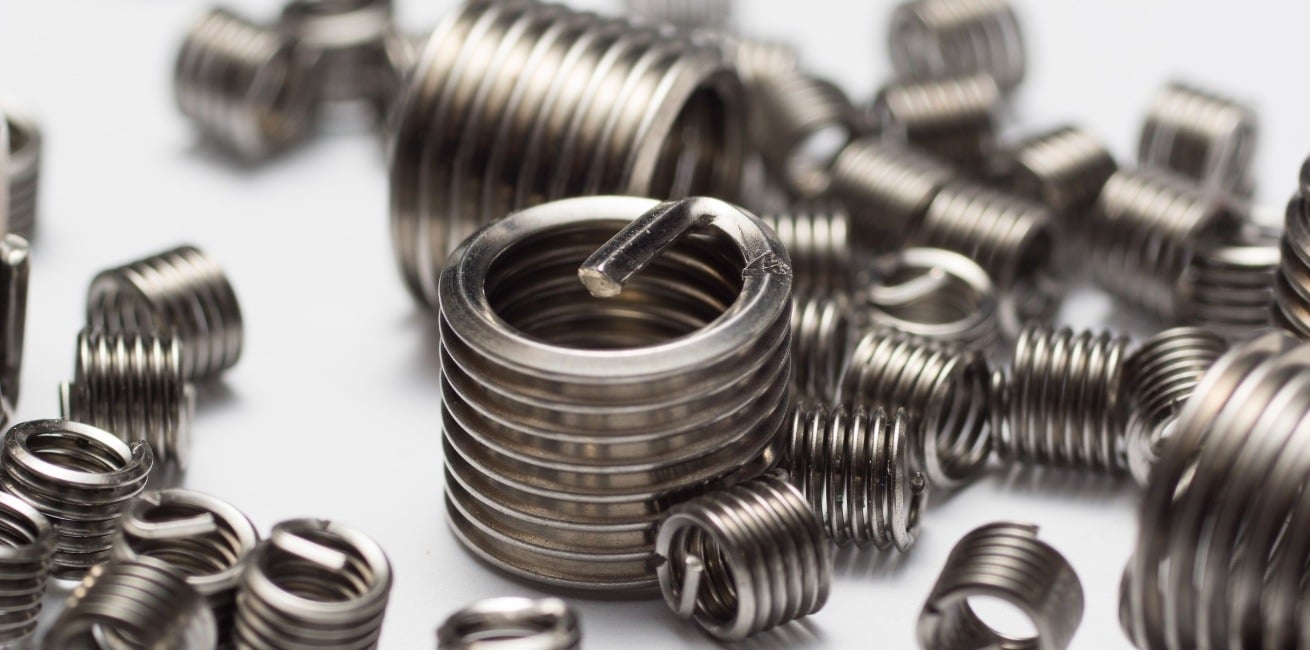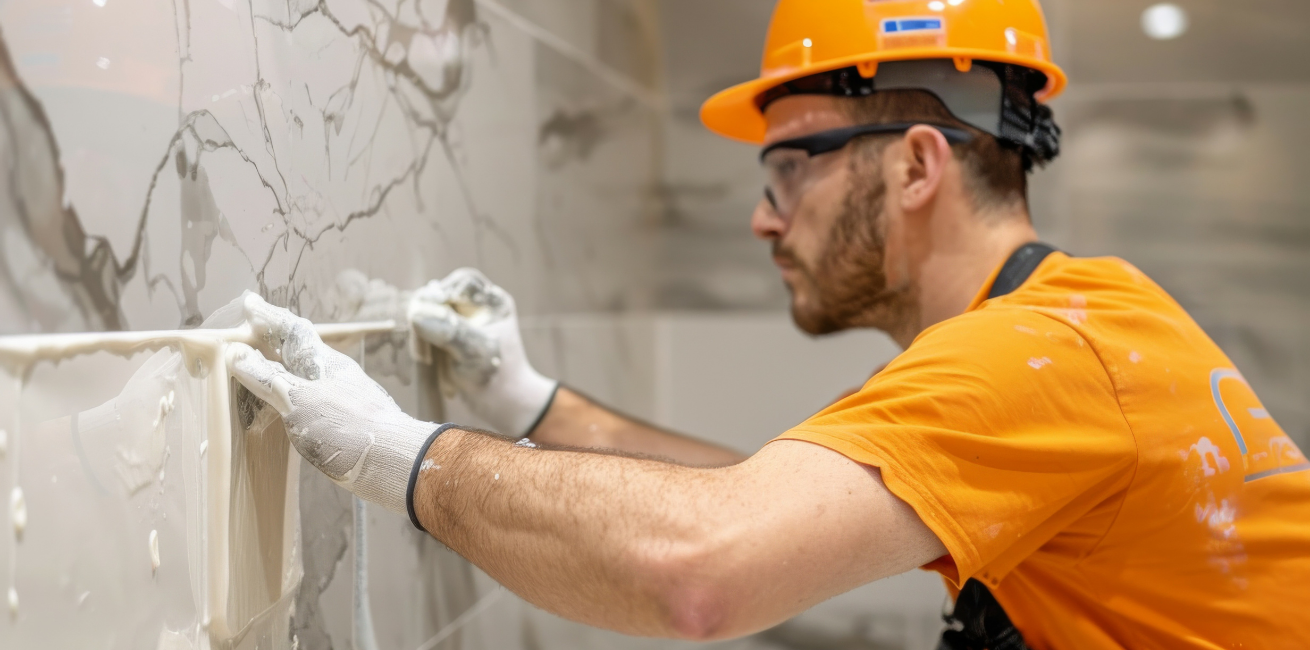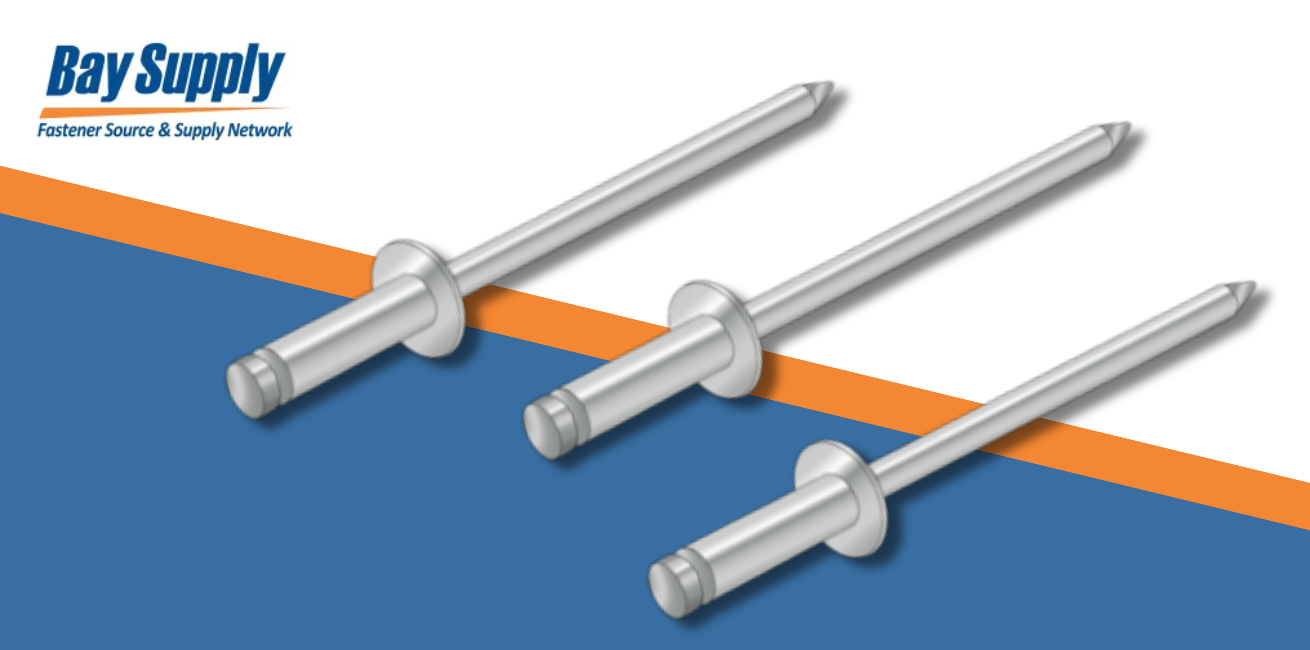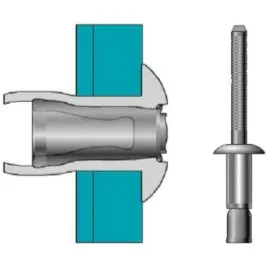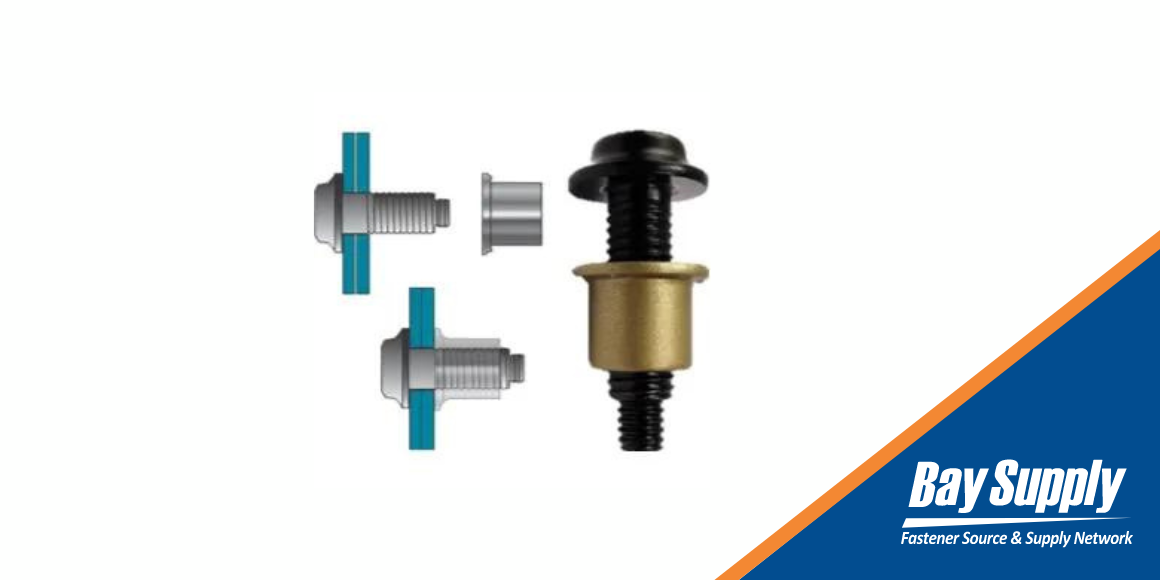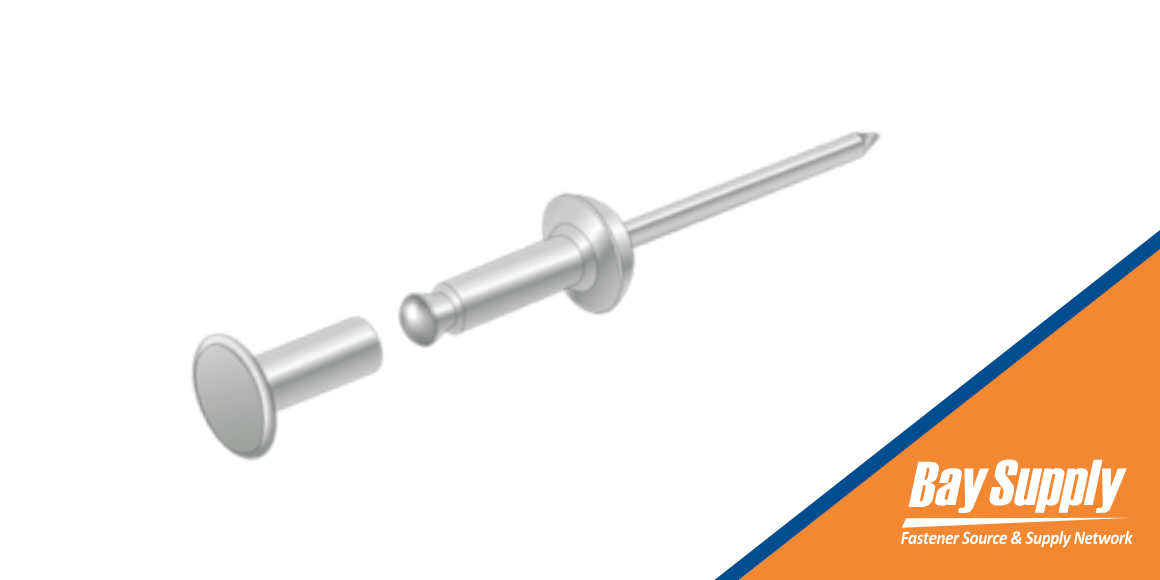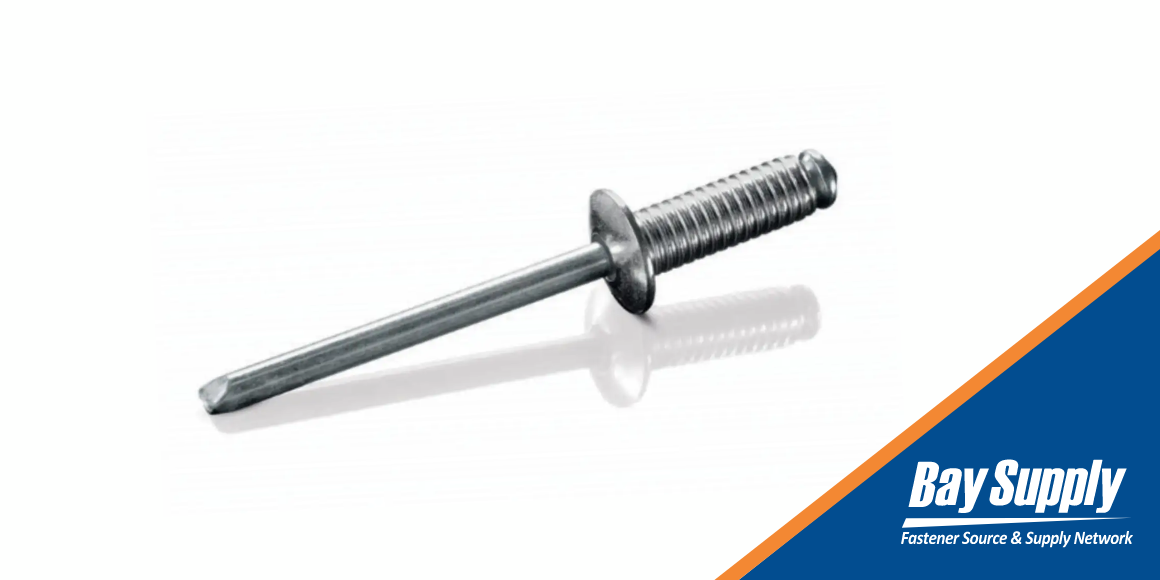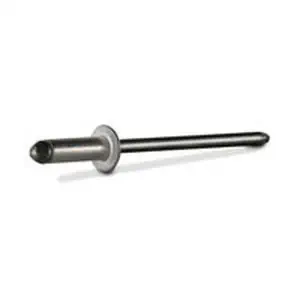When you use threaded fasteners, you’re bound to run into situations where the threads are stripped or need reinforcing because the material is too soft. That’s when you need to consider coil thread inserts.
Coil thread inserts are underappreciated; they repair stripped holes in softer materials and reinforce fasteners used to bind softer substrates. Coil thread inserts are essential for threaded fasteners in wood, aluminum, plastics, and other materials that can’t securely hold a threaded fastener.
Read More
